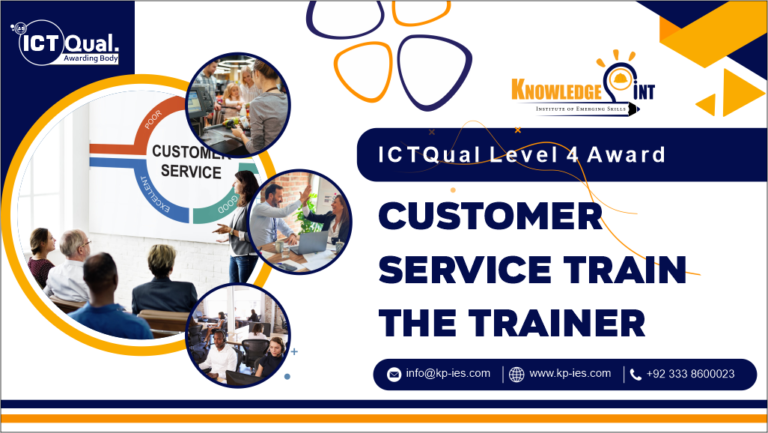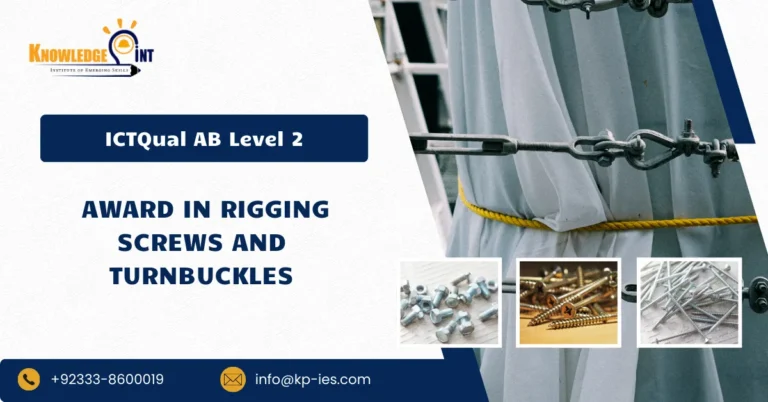ICTQual Level 4 Award
Corporate Train the Trainer
Awarding Body
ICTQual AB
Duration
5 Days
Course Type
Train the Trainer
study mode
Online Learning
Course overview
The ICTQual Level 4 Award in Corporate Train the Trainer is an advanced programme designed for professionals who want to deliver high-quality training within corporate organisations. In today’s fast-paced business environment, effective training is essential for improving employee performance, engagement, and productivity. This course equips participants with the skills to design, deliver, and evaluate structured training programmes that meet the diverse needs of corporate teams, ensuring that staff are well-prepared, motivated, and aligned with organisational goals.
The programme combines theoretical learning with practical, hands-on activities to ensure real-world application. Participants engage in workshops, role-plays, simulations, and presentation exercises to strengthen their facilitation and instructional skills. Core topics include session planning, adult learning principles, coaching and mentoring techniques, assessment methods, and evaluating training effectiveness. Emphasis is placed on creating engaging learning environments, adapting content to different corporate audiences, and using effective tools to deliver measurable training outcomes.
Ideal for HR professionals, team leaders, managers, and aspiring corporate trainers, this Level 4 award prepares graduates to lead corporate training initiatives confidently. Participants gain the knowledge and skills to mentor staff, improve employee performance, enhance professional development, and make a significant impact on organisational success, while advancing their own careers in corporate training and learning development..

Approved Training centre of ICTQual AB
Centre # : ATC24001

Entry Requirments
Entry Requirements for the ICTQual Level 4 Award in Corporate Train the Trainer:
- Educational Qualifications:A minimum of a Level 3 qualification (or equivalent) in Management, Business, HR, or a related field is recommended.
- Professional Experience:Relevant experience in corporate training, staff development, HR, or team leadership is preferred, particularly for those responsible for mentoring or delivering training.
- English Language Proficiency:Learners must demonstrate sufficient proficiency in the English language to engage with course materials, participate in discussions, and complete written and practical assessments.
Course structure
The ICTQual Level 4 Award in Corporate Train the Trainer consists of 8 mandatory units which are as follows.






